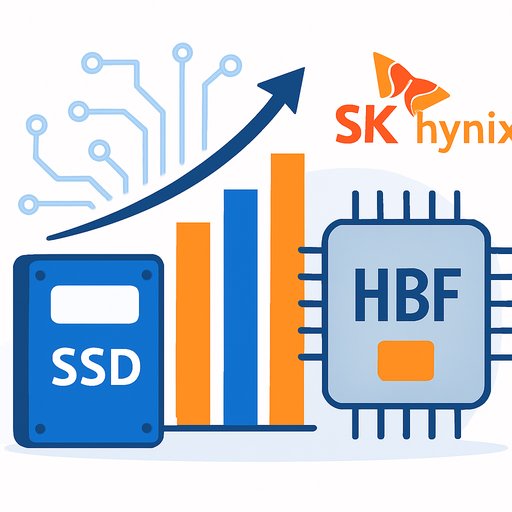Granicus names Karthik Anbalagan to lead AI in public sector
Granicus has appointed Karthik Anbalagan as General Manager of Emerging Technologies, a new role focused on generative and agentic AI for government engagement. His mandate: ship scalable AI Agent solutions built for public sector requirements and drive adoption across CRM/CDP, constituent analytics, and agentic platforms.
Why this matters for product leaders
- AI Agents are moving from demos to production. Government use cases require auditability, policy controls, and measurable outcomes by default.
- Impact will come from tight integration with CRM/CDP data, service workflows, and case management-not isolated pilots.
- Expect roadmaps centered on response quality, time-to-resolution, channel deflection, and trust indicators (transparency, explainability, data protection).
- Adoption is a change-management problem. Clear operating models, human-in-the-loop, and training for public servants are as important as model choice.
- Procurement and compliance will shape architecture: logging, guardrails, consent, redaction, and bias monitoring built into the stack.
Mandate and product scope
Anbalagan will lead product strategy and delivery for AI Agents built for government scale and constraints. The portfolio spans CRM/CDP platforms, constituent analytics, and agentic technologies, with a focus on measurable outcomes and transparency.
He is also responsible for customer adoption and integration-helping agencies implement automation for constituent support while improving service quality and responsiveness.
Leadership perspective
Mark Hynes, CEO of Granicus, said the appointment advances the company's commitment to help governments apply emerging technologies to improve how they measure and deliver outcomes for communities. He emphasized Anbalagan's track record in AI and customer-led innovation as a force multiplier for public sector programs.
Anbalagan noted that governments are leaning into AI to improve efficiency and service delivery at scale. He cited the opportunity to build stronger connections between institutions, public servants, and citizens, pointing to Granicus' platform and customer trust as a strong foundation for this next phase.
Background that signals execution
Anbalagan brings 20+ years across product, technology, and business leadership with roles at Microsoft, Amazon, and Chewy. He led initiatives in customer experience, personalization, and new business launches, and has advised organizations on AI strategy, product development, and operational transformation.
At Amazon, he managed global initiatives across digital content, retail, and fashion technology. At Chewy, he held senior roles focused on customer experience and innovation.
What to expect from the roadmap
- Agent architecture: intent detection, policy/guardrail services, workflow orchestration, and supervisor patterns for reliability.
- Data layer: unified profiles in CRM/CDP, consent and retention controls, PII redaction, and secure data access patterns.
- Quality systems: offline and online evaluation, red-teaming, A/B testing, and feedback loops from human agents.
- Governance: audit logs, decision traces, model/feature registries, and clear escalation paths to human review.
- Interoperability: APIs and event streams that plug into existing portals, ticketing, telephony, and identity systems.
Implementation guidance for public sector product teams
- Start where volume and wait times are highest (benefits status, permits, eligibility checks, appeals triage). Define success metrics upfront.
- Design for human oversight: configurable confidence thresholds, easy handoff to agents, and clear citizen messaging.
- Ship trust features day one: source citations, reasoning summaries, audit trails, and user-visible data usage notices.
- Operate with an evaluation stack: golden datasets, policy tests, bias checks, and incident response runbooks.
- Plan the integration work: CRM/CDP schemas, identity and consent, knowledge bases, and workflow automation.
- Use staged rollouts: internal sandbox → limited public beta → broader launch with continuous measurement and iteration.
- Prepare procurement artifacts: security model, data flows, accessibility, model provenance, and performance benchmarks.
Focus on public sector transformation
The company positions this role to accelerate adoption of AI-enabled services while improving consistency and measurement across programs. Expect emphasis on transparent decisioning, outcome reporting, and operational efficiency for constituent support.
Standards and resources
- NIST AI Risk Management Framework for risk, measurement, and governance patterns.
- AI courses by job role for teams building and operating AI-driven services.
Your membership also unlocks:






